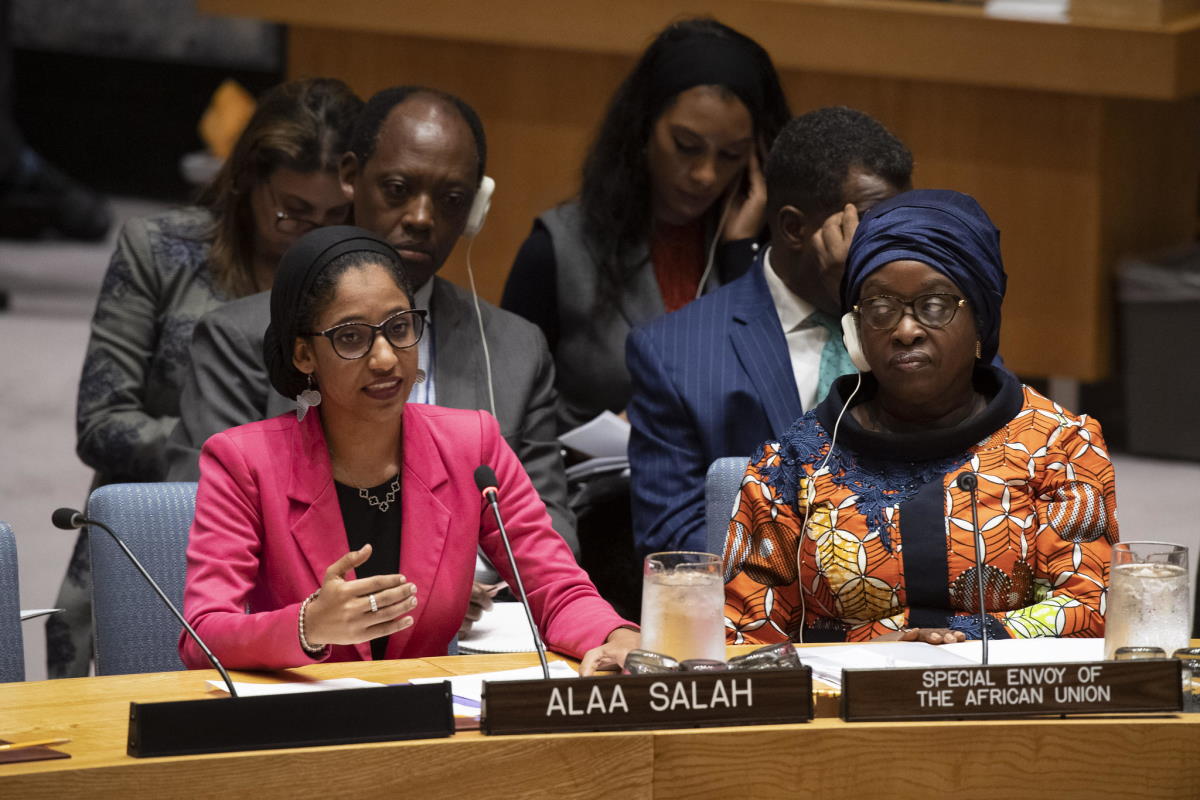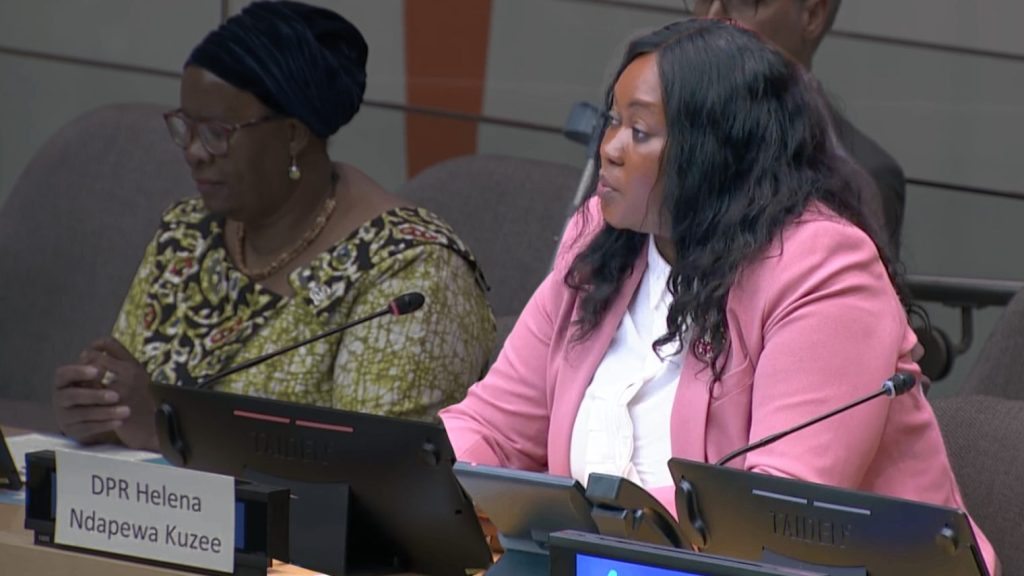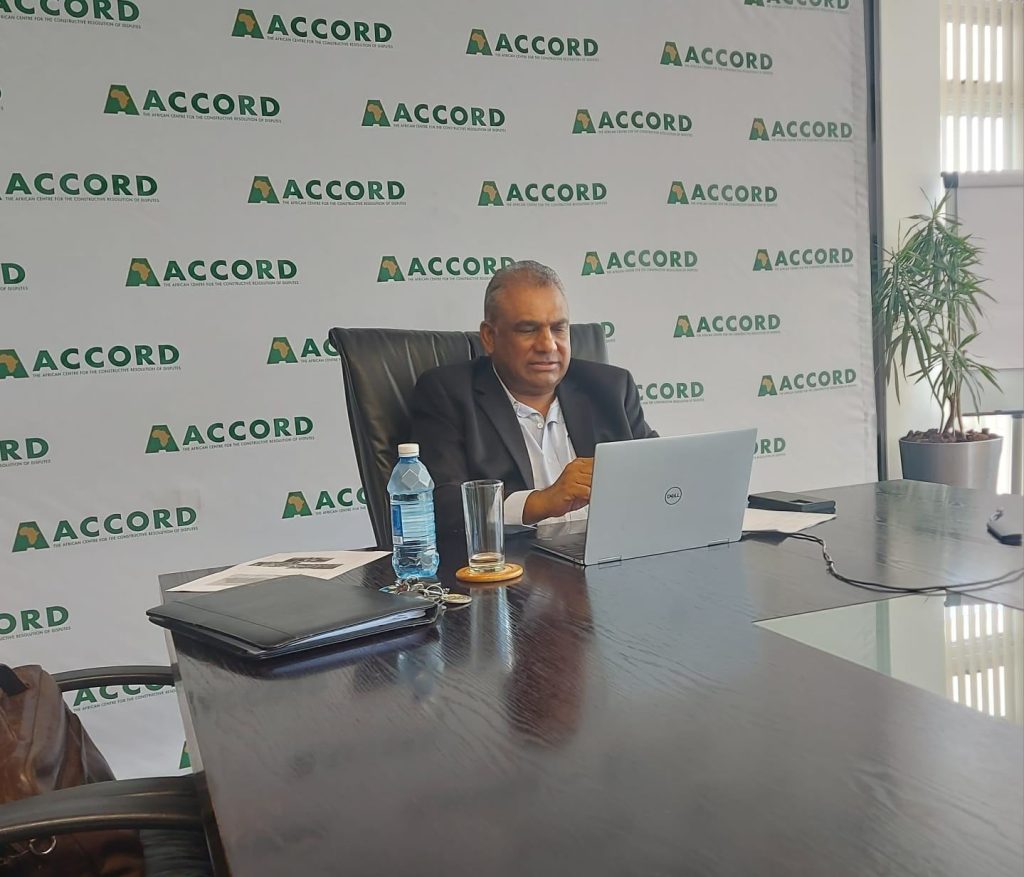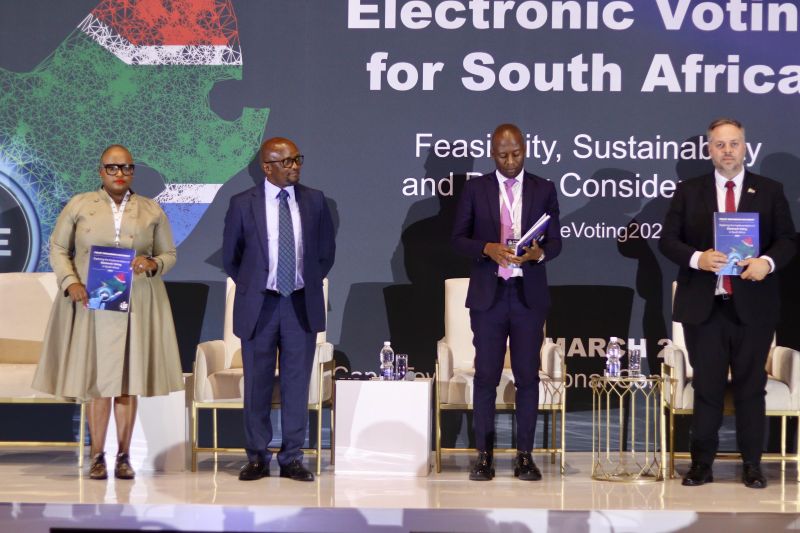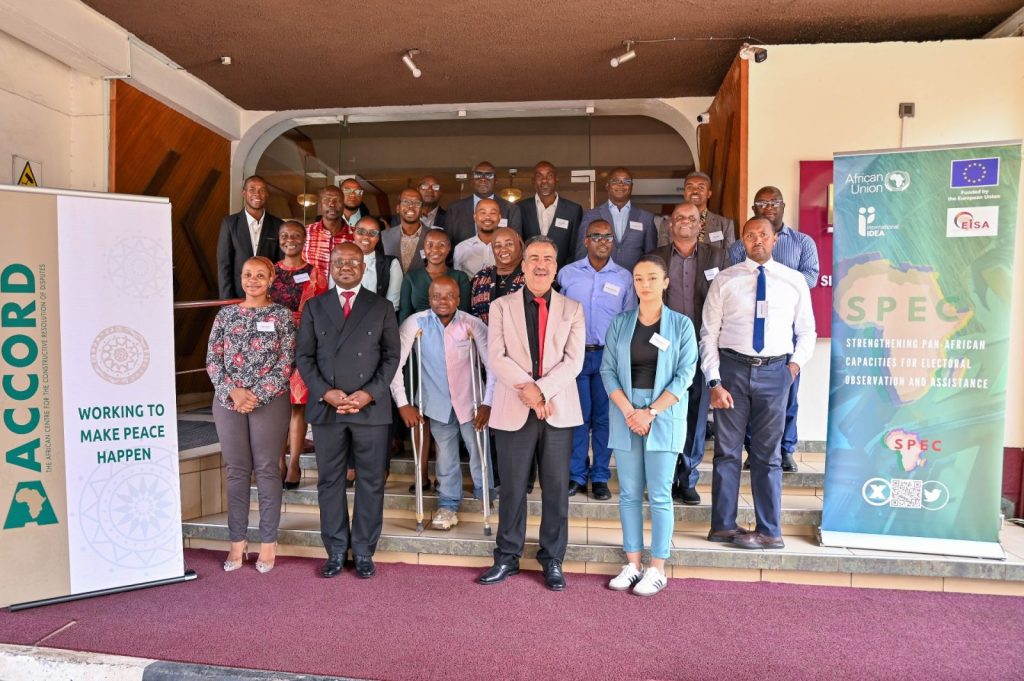On the 14th of July 2020, ACCORD presented at the African Union Civil Society Organisations Consultation Meeting on Accelerating Actions Against Impact of COVID-19 on Gender Equality and Women’s Empowerment. The meeting sought to identify gaps, provide recommendations and identify opportunities for strategic engagement with Member States, CSOs and other key stakeholders to ensure more gender-responsive approaches to COVID-19.
Participants highlighted that while important initiatives have been adopted at regional and national levels, to protect the populations in Africa from COVID-19 through treatment and prevention, as well as through public health and containment measures such as lockdowns, many women and girls still face threats to the realization of their basic rights and aspirations under COVID-19. During the meeting, participants observed that due to the impact of COVID-19, African women and girls continue to face structural, social, cultural and economic injustices. They added that the pandemic has made the existing structural injustices much more pronounced, thereby far-reaching social, economic and humanitarian threats.
Threats to Gender Equality and Women’s Empowerment (GEWE), which were observed to be emerging from COVID-19 include heightened risk of domestic, sexual and gender-based violence, increase in cases of stigma and discrimination, difficulties in accessing health and support services, loss of economic livelihood and the growing burden of care work. Increasingly, women are expected to provide even more care services at home while still working, mainly because of entrenched traditional norms on gender roles in many African countries. Other impacts of COVID-19 on gender equality in Africa include the increasing precariousness of women’s jobs, the diminishing labour market opportunities, reduced access to reproductive health services, under-representation in global security decision-making and threats to women’s safety.
There was consensus that while the COVID-19 pandemic has amplified and heightened existing gender inequalities, a more inclusive and gender-responsive approach will be needed to effectively counteract the impact of the pandemic.
ACCORD was represented by Mrs Pravina Makan-Lakha; General Manager – Operations and Business Development and Ms Nontobeko Gcabashe; Operations Programme Officer.

